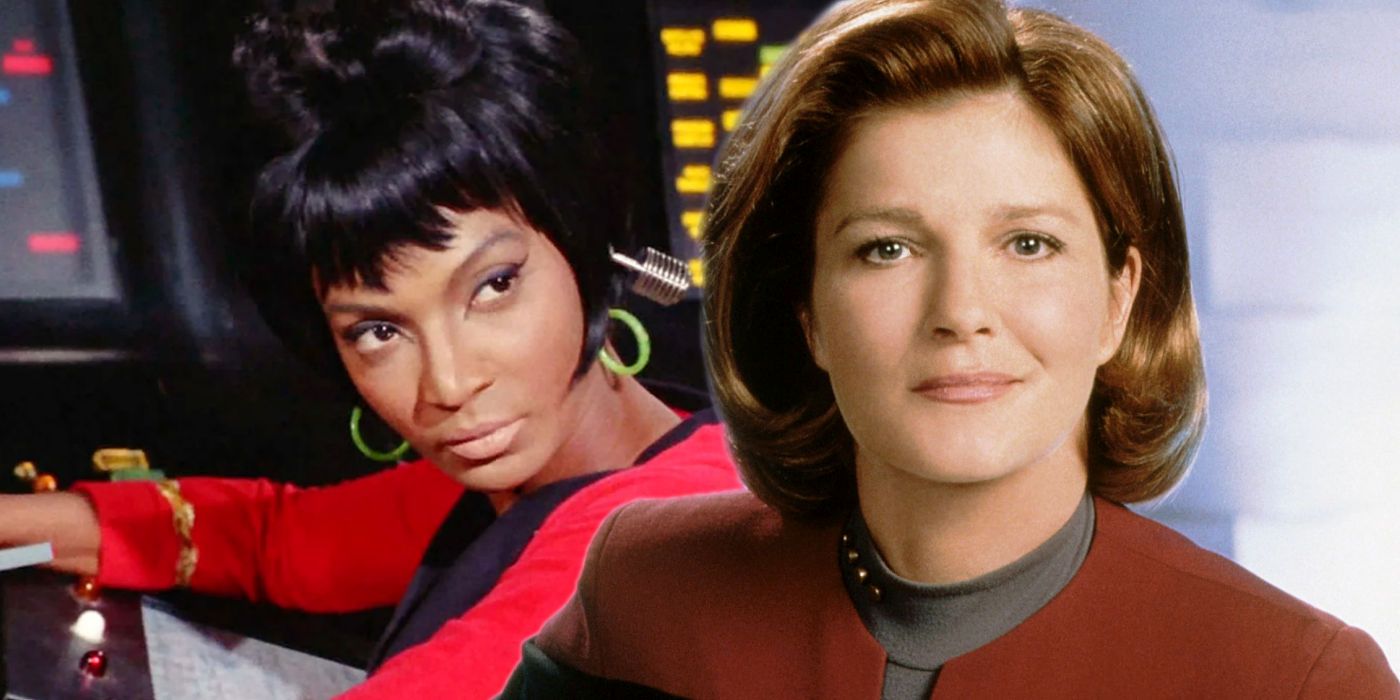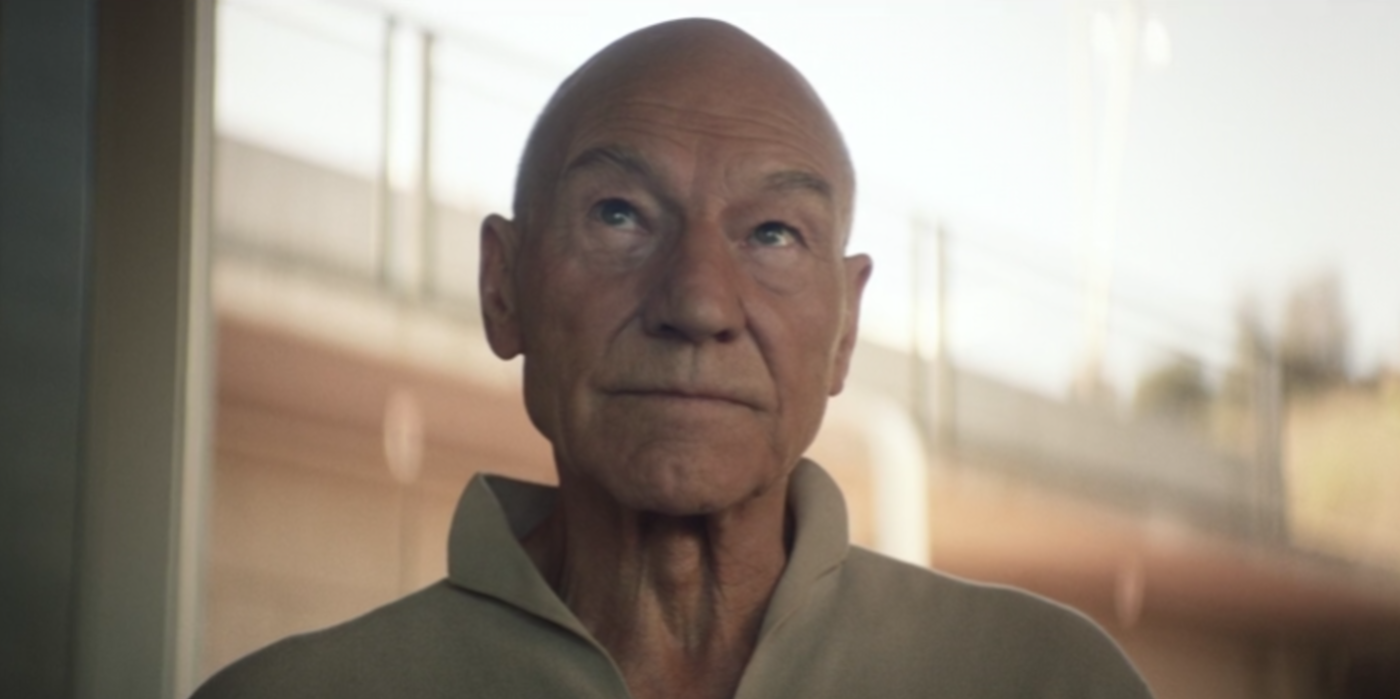Over the last five decades, many Star Trek actors have embraced the series' vision for a better future and brought that mission into the real world. Just as every show, from Star Trek: The Original Series to Star Trek: Discovery, champions that vision for a better humanity, so too have many of the franchise's most beloved actors strived to make a difference for the future.
It's no surprise that spending, in some cases, several years in Gene Roddenberry's Star Trek universe, many cast and crew members sought to jump-start that level of humanitarianism, peaceful discovery, and hope in their daily lives. In fact, Star Trek as a whole has had an impact on society, from feeding the homeless to helping the first African-American woman go to space. Star Trek has always been about activism from its very beginnings; The Original Series not only featured a multi-ethnic command crew, an unheard-of sight on 1960s television screens, but it also pushed boundaries, tackling real-world issues of the day such as racism, colonialism, and sexism.
It is that spirit of defiance and courageous activism that inspired The Original Series' Nichelle Nichols to take her social advocacy to the next level: space. She joined NASA after the show was canceled to recruit women and minorities into their program. Her character, Uhura, pioneered a leadership role for black women on television while Nichelle Nichols did the same to help diversify NASA and ensure that, in the future, space would resemble Roddenberry’s vision in every way.
Then, years later, Star Trek: The Next Generation continued to push boundaries and ask tough questions, which inspired its star, Patrick Stewart, to push society to do more to address a personal issue to him: PTSD. As a child, Stewart had witnessed his father bring home his PTSD following World War II, creating a culture of abuse in the Stewart household. Today, Stewart dedicated his volunteerism to speaking out against violence against women and children. It is a cause very much in line with the moral compass of Captain Jean-Luc Picard.
Most recently, a new addition to the Star Trek universe, Anthony Rapp, who plays Paul Stamets in Star Trek: Discovery, made headlines through his courageous choice to speak out about his childhood abuse at the hands of actor Kevin Spacey. The issue of sexual abuse against men has long been something held in the shadows by shame and stigma, but Rapp knew he owed it to the fans of Star Trek to demonstrate the kind of bravery inherent in Roddenberry’s vision and was inspired to speak out for the first time. He said (via Buzzfeed): “I’m feeling really awake to the moment that we’re living in, and I’m hopeful that this can make a difference.”
There are examples from every series: Armin Shimerman (Quark from Star Trek: Deep Space Nine) is a proud spokesperson for the Pancreatic Cancer Action Network; Captain Kathryn Janeway herself, Kate Mulgrew, has taken the adventurous spirit of Star Trek: Voyager into her personal life and is today an active spokesperson for Precious Paws; and Star Trek: Enterprise’s Dr. Phlox (John Billingsley) has all but put his acting career on hold to serve as the Co-Executive Director of The Hollywood Food Coalition, a non-profit dedicated to feeding the homeless of Los Angeles. As Billingsley stated in a recent interview (via StarTrek.com): “For me, Star Trek is about working together, helping each other, figuring out a constructive answer, and thinking before you act.”
Star Trek was the original social justice series and it has always asked its characters to boldly go where no one has gone before. Today, many of its actors have strived to continue that mission, ensuring Roddenberry’s vision for a more enlightened humanity into the 21st century and beyond.


